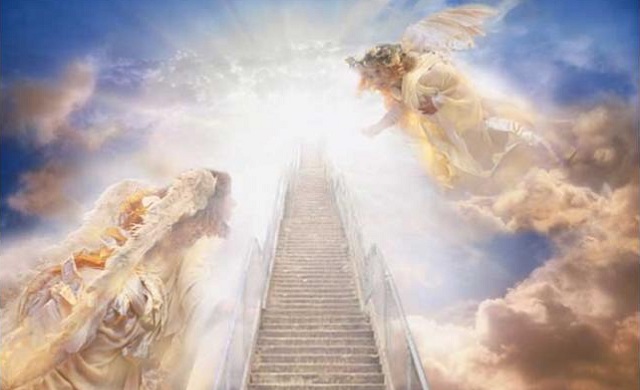What happens after death?

"We will all be changed," according to Paulo
If you are longing for the storybook paradise where you get the desire of your heart and live happily ever after, the writer of the letter to the Jews could simply support it. "Now faith is the certainty of things hoped for" (Hebrews 11: 1).
Take note: trust in God is the non-negotiable price of admission. Eternity as a land of hope is not a bad way of imagining the afterlife. This may or may not include an endless supply of blue corn flakes, but for me heaven would be a starter without them.
After death, we also get clarity. Whether it is positive or negative depends on the choices we make before the funeral: seek the light of truth or wallow in self-deception. If truth is our goal, "we will see [God] face to face" (1 Cor. 13:12). It is St. Paul who speaks, and it is a premise that advances several times with confidence.
Paul describes our current perspective as a cloudy mirror image, unable to reflect the big picture. Prophecy never offers all the secrets. Human knowledge is forever incomplete. Only death provides the great revelation.
Jeremiah allowed God to know us intimately before we were born. Paul says that God returns the favor in eternity, beginning in the divine mystery. This should not be surprising, since we are made in the divine image to begin with, according to Genesis. If our mirrors weren't so obscured by excess ego, we might be able to glimpse less of us - and more of God - right now.
John confirms this destiny: when what is finally revealed, "we will be like [God], because we will see him as he is" (1 John 3: 2). John seems to push the envelope beyond Paul, in addition to "seeing" God to "being like" God. Our family resemblance to God will be burnished and finally freed. Halos, here we are!
"We will all be changed," says Paul, as we surrender to immortality as a simple change of clothes (1 Cor. 15: 51–54). Paul is fond of this idea, reaffirming it in another exchange with the Corinthians. Compare mortal bodies to curtains: as a curtain builder, the metaphor readily comes to Paul's mind. These fleshy curtains are bulky and weigh down on us. Our heavenly home will dress us better, free of charge (2 Cor 5: 1–10).
Paul is even more explicit in his correspondence with the Philippians. In life to come, we will share the glorified nature of Christ, for Christ becomes all in all (Phil. 3:21). Does this imply that each of us will adopt that "fuller bleach" brightness (Mark 9: 3) shown at the transfiguration? Swap that topper halo with a full-body Guadalupe shine?
Satisfied hope, clarity, liberation, transformation. Anything else awaiting us after death? Seriously, what more do you want? The sister who taught art in my high school used to say: "If God bores you, who in the world will entertain you?" We can trust that the beatific vision, whatever the eternal face to face with God, will satisfy.